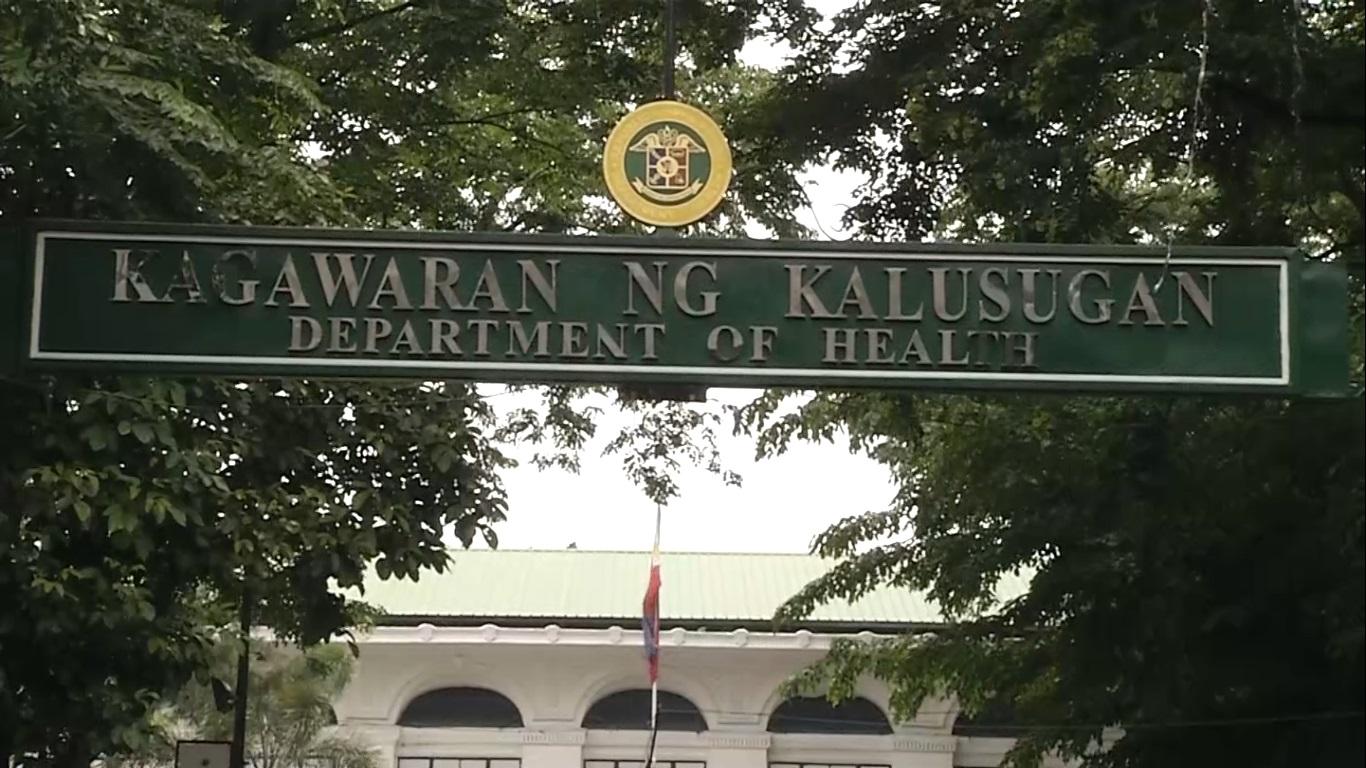DOH: Hospitals on Code White until January 6

Hospitals are under Code White from December 21 to January 6 in anticipation of health emergencies amid the Christmas and New Year festivities, the Department of Health (DOH) said.
“Ang lahat po ng hospital, by default naman po 'yan. So ito kahit medyo nakaka-alarma pakinggan, pero actually reassurance po 'yan na every December 21 hanggang January 6, nagka-code white po ang hospital. Ibig sabihin ang lahat po ng mga doctor at nurse, siniset namin 'yung mga schedule namin, ‘yung mga naka-leave, baka mino-move muna nila 'yung leave nila,” DOH spokesperson Albert Domingo said in a Super Radyo dzBB interview Thursday.
(All hospitals by default, it may seem alarming but it is actually a reassurance that every December 21 to January 6, are on Code White alert. It means all the doctors and nurses are ready to respond, maybe they moved their leave to another date.)
A Code White Alert means all health workers such as general and orthopedic surgeons, anesthesiologists, internists, operating room nurses, ophthalmologists and otorhinolaryngologists stationed in hospitals stand ready to respond to medical emergencies at any time.
In addition, the Code White Alert also covers the hospitals’ Operations Center (OPCEN) to coordinate responses with the DOH regional and central office.
“Tapos ‘yun pong mga supplies, nagi-stockpile. Ibig sabihin kung dati mga limang litro ng pang-swero ang naroon, ngayon mga sampung litro. Dinadagdagan [ang supply] kasi alam namin na sa panahon na ito, dumadami ang mga kaso,” Domingo added.
(Then we stockpile supplies. If normally, we have five liters for IV infusion, we make it 10 liters. We beef up our supplies because we know health emergency cases tend to increase during these times.)
Domingo then said that while Filipinos find it hard to do away with firecrackers due to long standing traditions, a better practice is staying safe amid the New Year celebrations.
“Parang ang tingin po kasi namin, siyempre habang palayo tayo nang palayo doon sa parang matagal na noong panahon ng pandemya, mas dumadami na po 'yung parang gustong mag-celebrate. Walang problema roon ang DOH, lahat naman tayo gusto natin mag-celebrate. Pero ang talagang kailangan natin sigurong higpitan dito is paano ba 'yung paraan. Two things: there’s law enforcement and behavior change,” Domingo said.
(We are years away from the pandemic wherein we had tempered celebrations, so people tend to want to celebrate bigtime. We don’t have a problem with that, everyone wants to celebrate, but we have to watch out how we do it.)
“The behavior...hindi overnight [nababago]...iyong kultura ba na kailangan may maingay tuwing Bagong Taon. Naku, ang corny naman kung ano lang, ito ‘yung mga naririnig namin eh, ang corny naman kung walang paputok, Hindi po corny 'yun. Mas safe po 'yun at mas maganda naman. Kaya walang problema kung mag-karaoke all the time, palakas ng karaoke. Pero siyempre may mga regulasyon rin. Mas safe ‘yun kumpara sa sumasabog na 'yung kamay,” he added.
(We cannot change the behavior overnight, that tradition of making noise during the New Year’s Eve. Celebrations are such a bore without it. But without the fireworks, that would be safer and just as celebratory. We can just sing our hearts out in karaoke under certain regulations. That would be safer and nobody will lose a hand due to a firework explosion.)
The body parts most commonly hit by firecrackers, Domingo said, are eyes, hands, head, shoulder, and thighs.
“It’s because they may not be the ones who lit up the firecrackers, but when these go astray, that could explode in other people’s eyes,” Domingo said.
The reduced casualty during the COVID-19 pandemic years in 2021 to 2022 that coincided with the absolute ban on fireworks save for designated areas, Domingo said, is a strong case of banning firecrackers for safety of all.
“An absolute ban is still the ideal. But it can’t go on absolute ban, we have to strictly enforce guidelines on only allowing fireworks in designated areas and not in residential areas,” he added.—AOL, GMA Integrated News




